
Male Privilege: How Job-Related Training Perpetuates Gender Inequality
Additional certification and training courses can not only affect an employee’s pay grade and career, but their sense of control over their life. Employees who have ‘upgraded’ their professional knowledge and skills find it easier to manage problems both in their personal lives and in the workplace. However, the trend does not hold equally for men and women. A study by Natalia Karmaeva and Andrey Zakharov of the HSE Institute of Education shows that men reap more benefits than women.
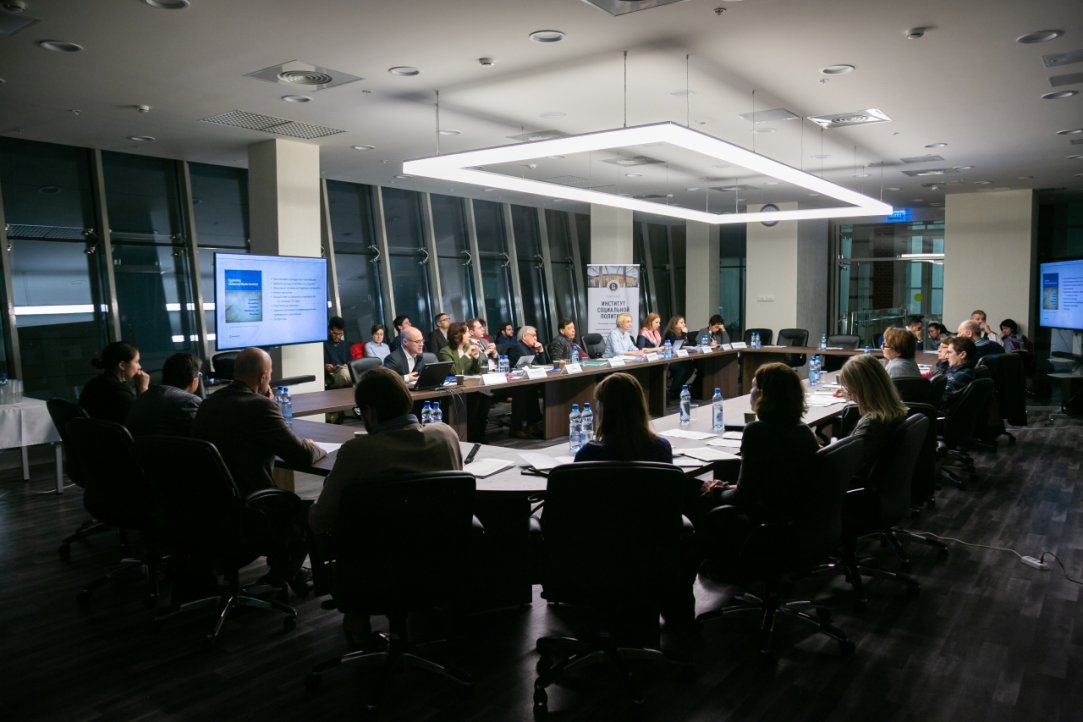
Universal Basic Income: ‘This Is the Golden Dream of Artistic Bohemians’
The book ‘Exploring Universal Basic Income. A Guide to Navigating Concepts, Evidence, and Practices’ was presented at an HSE University event, which was organized by the HSE Institute of Social Policy. During the event, participants noted the foundational nature of the publication prepared by the World Bank experts and held an emotional debate on the prospects of introducing a universal basic income.

Growing Up across Generations
Getting an education and a job, leaving the parental home and starting a family are some of the the milestones of growing up. For Russians in their thirties today, these stages do not necessarily follow a pre-set sequence and often overlap. In contrast to their parents, linear and predictable biographies are increasingly rare among Russian millennials, whose lives tend to look more like a patchwork of diverse events than a straight line. Some of these events, especially childbirth, often get postponed until later in life. For young Russians today, having children tends to be the last stage in their own transition to maturity, according to demographer Ekaterina Mitrofanova.

Scarcity Trauma: Why Russia in the 1990s Was not Nostalgic about Soviet Life
In 2001, ten years after the launch of reforms in Russia, 54% of Russians believed the main achievement of the reforms was the availability of consumer goods, rather than freedom of speech or the possibility of travelling abroad. A decade later, public attitudes had not changed, and the availability of goods on store shelves was still perceived as the number one priority. The massive trauma caused by scarcity was particularly strong. How it was addressed and in what way it influenced public attitudes after the USSR collapse is examined in a study by HSE professor Oleg Khlevnyuk.
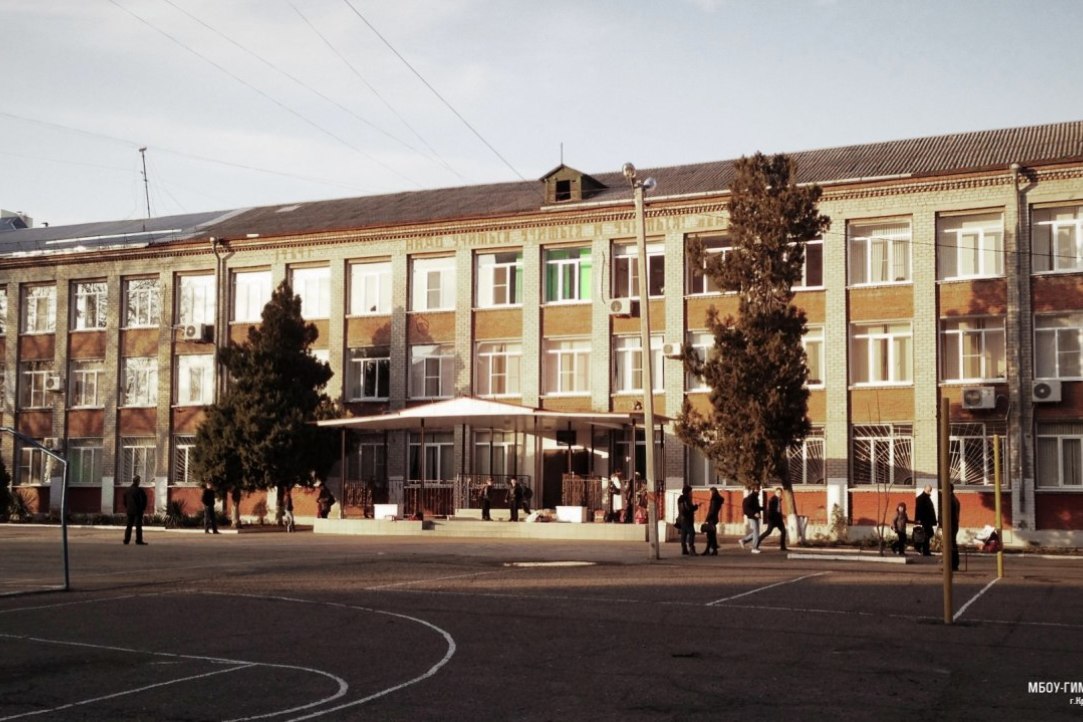
Free Will or Fate? Why Russian Children Rarely Switch Schools
Unlike many other countries, Russian children’s educational path is decided from an early age. Starting with the first grade, parents try to send their children to schools where they can remain until they graduate after either the 9th or 11th grades. Moreover, many families do not use the opportunity available to them to transfer their children to a better school partway through their education. The result is that inter-school mobility remains low and a child’s educational path is often hard-wired early on, HSE University sociologists in St. Petersburg found.
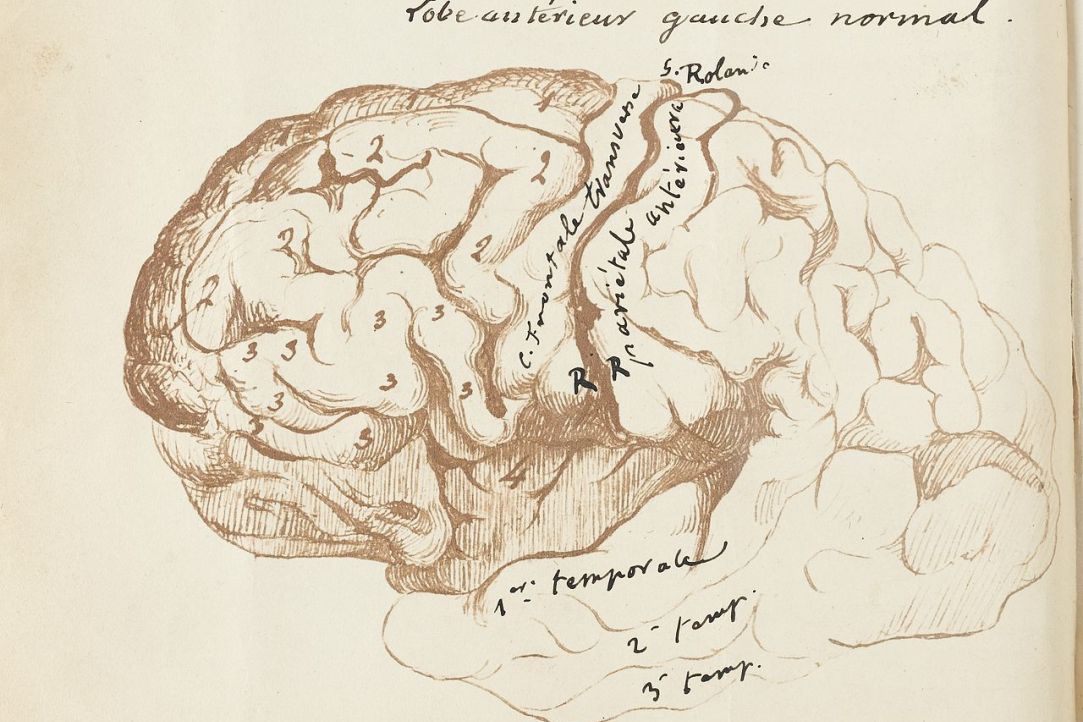
Attention and Atención: How Language Proficiency Correlates with Cognitive Skills
An international team of researchers carried out an experiment at HSE University demonstrating that knowledge of several languages can improve the performance of the human brain. In their study, they registered a correlation between participants’ cognitive control and their proficiency in a second language.

Climate Control: How Countries Respond to Weather Change
Having studied the impact of warming on countries in Central and Eastern Europe, Caucasus and Central Asia, Georgy Safonov, Director of the HSE Centre for Environmental and Natural Resource Economics, warns that responding to climate change does not seem to be a top priority for the region's governments, while potential threats are assessed only in economic terms and almost never as a social challenge.

A Proud ‘No’: Why Egalitarian Values Don’t Catch on in Post-Soviet Countries
People’s values of personal choice, suсh as their attitudes towards abortion, divorce, and premarital sex, are usually determined their level of education, age, religiosity, and social status. At least this is the case in many countries such as the US and those in Europe. In a recent study, HSE sociologists found that in post-Soviet countries, personal values are most determined by people’s level of patriotism.
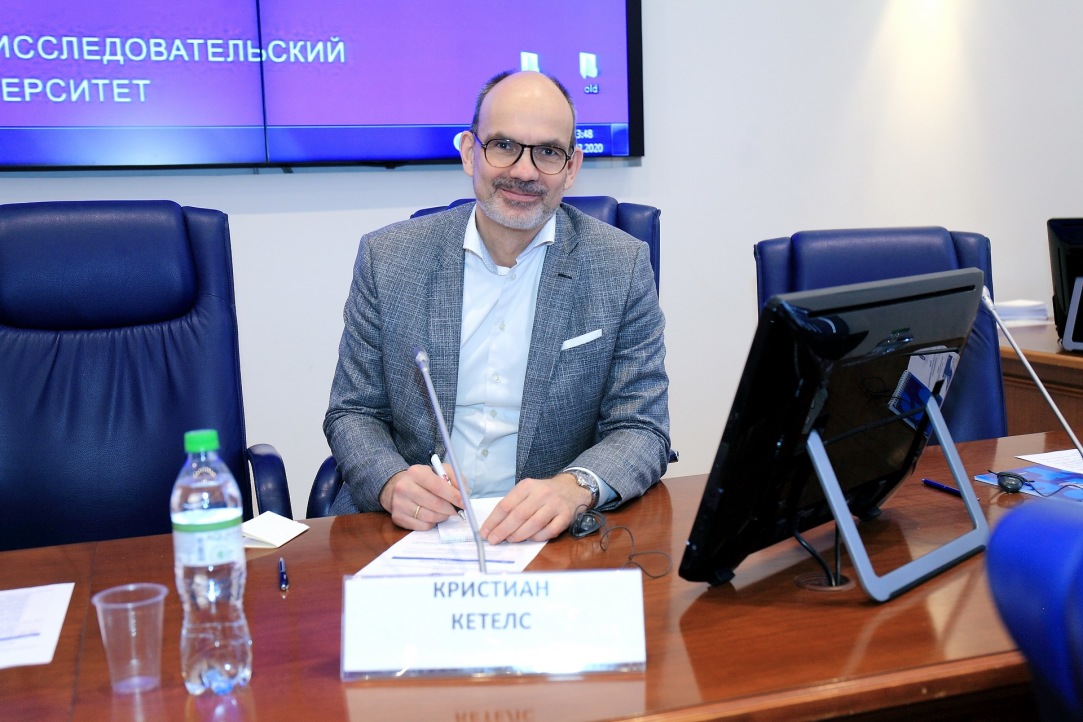
‘The More Consistent the Learning Process, the More We’ll See a Specifically Russian Type of Cluster-Based Economic Development’
On February 6, 2020, HSE University hosted an expert seminar, ‘Global and Russian Trends in Cluster Development and Regional Competitiveness’. The event was organized by the Russian Cluster Observatory based at HSE University’s Institute for Statistical Studies and Economics of Knowledge (ISSEK HSE). Keynote speaker Dr. Christian Ketels spoke about cluster policy and regional competitiveness in other parts of the world in order to further discussion about what form cluster policy should take in Russia.
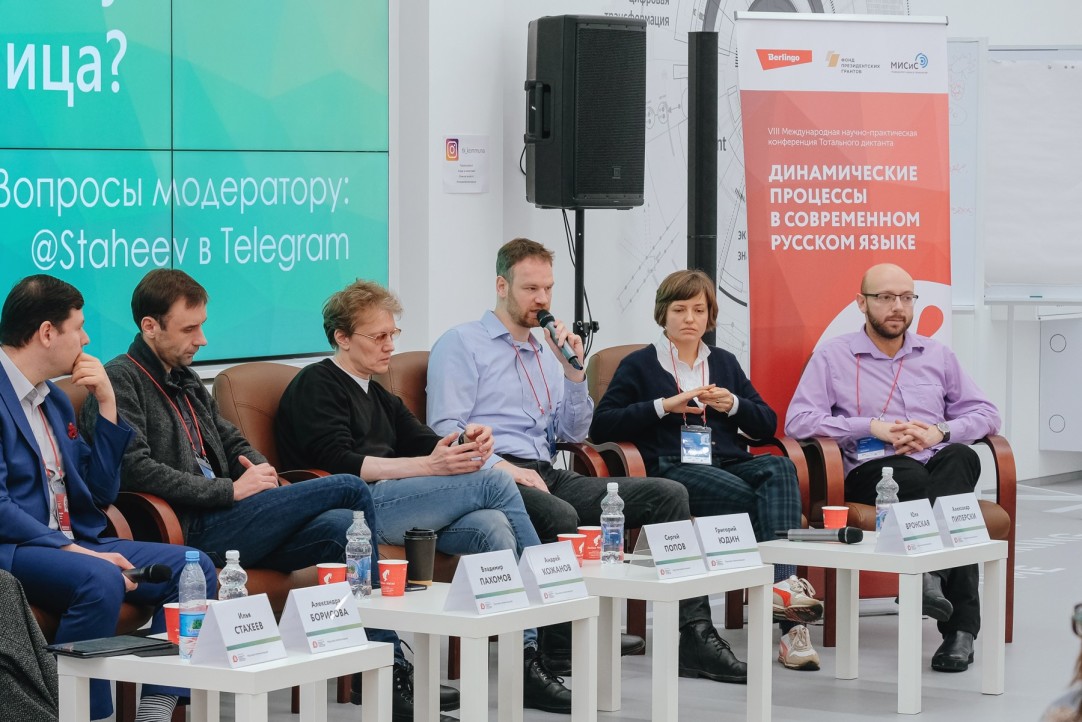
Popularizing the Humanities vs. the Natural Sciences
Hearing about research advances in medicine, biology, or physics in public discourse is a common occurrence. However, the question of whether scholarly activity in the social sciences and the humanities should be popularized has always been left unanswered. What are the features of communication between humanities and society and the media? Are different fields of knowledge popularized differently? Physicists, linguists, sociologists, science communicators, and journalists discussed this question on the eve of the Day of Russian Science at the Total Dictation Conference in Moscow.

